
Top African football official Patrice-Edouard Ngaissona faced judges at the International Criminal Court for the first time Friday, with his lawyer complaining his "dignity was not respected" during his arrest and extradition from France.
Ngaissona, who sits on the board of the Confederation of African Football, is charged with coordinating so-called anti-Balaka militia which emerged after civil war broke out in the Central African Republic in 2013.
Ngaissona appeared before a three-judge bench at The Hague-based court's headquarters, where judges informed him about his rights.
The ICC suspects Ngaissona of being the "most senior leader and the 'National General Coordinator' of the anti-Balaka" and therefore responsible for crimes in several parts of the country.
The alleged crimes include murder, torture, mutilation, intentionally targeting and displacing civilians, pillaging, and enlisting child soldiers.
His lawyer Eric Plouvier told judges "we have reservations" in connection with Ngaissona's detention and transfer from Paris, since his arrest on December 12.
This included being arrested despite having a diplomatic passport designating him as head of the Central African Football Federation.
Plouvier added that French gendarmes tried to question his client without a lawyer present and that Ngaissona was a diabetic who did not receive the necessary medication while he was in detention.
He was transferred from Paris' Charles de Gaulle Airport to the Netherlands "in handcuffs", Plouvier said. "His rights to dignity were not respected."
The former CAR sports minister was arrested by France last month on an ICC arrest warrant, and he was transferred to the Dutch-based tribunal on Wednesday.
Ngaissona has denied the charges.
The ICC said Ngaissona was extradited "pursuant to an ICC arrest warrant for crimes against humanity and war crimes allegedly committed in the Central African Republic."
Ngaissona, who is head of the CAR's football association, was controversially elected to executive board of the CAF general assembly in February.
The Balaka militia he was allegedly involved with were set up to defend Christian communities from mostly Muslim rebels during the conflict in his country.
The militia are accused of a host of human rights abuses including mass killings and mutilations.
Two anti-Balaka groups said after his arrest that they were withdrawing from a disarmament programme.
Former colonial power France sent 2,000 troops to help stabilise the conflict-torn CAR in 2013 and attempted to detain Ngaissona a year later during an operation in his fiefdom in the north of the capital Bangui.
Read Full Story
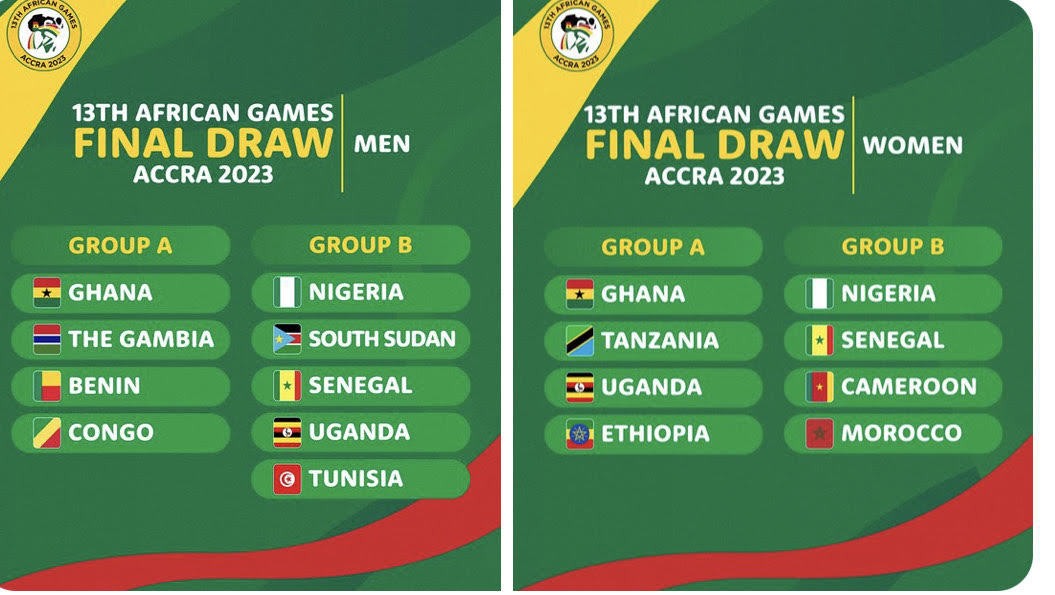
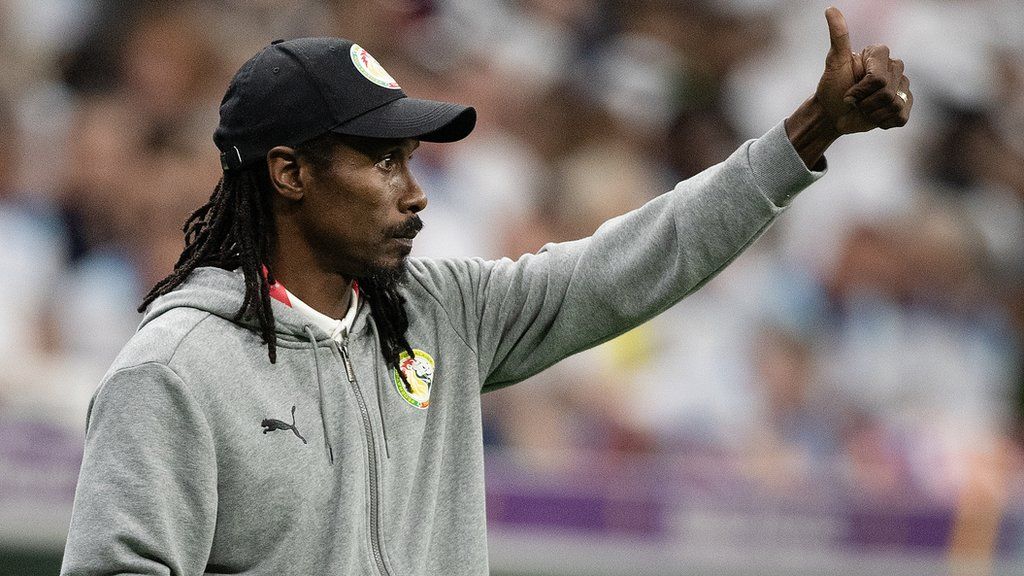
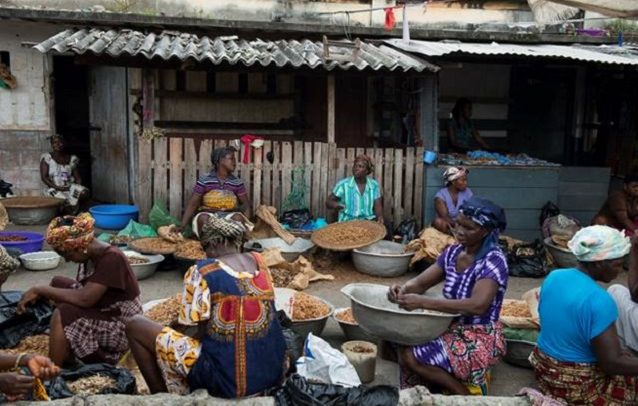
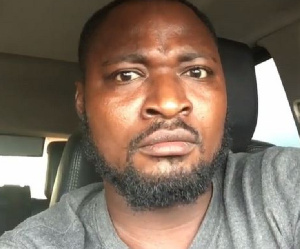


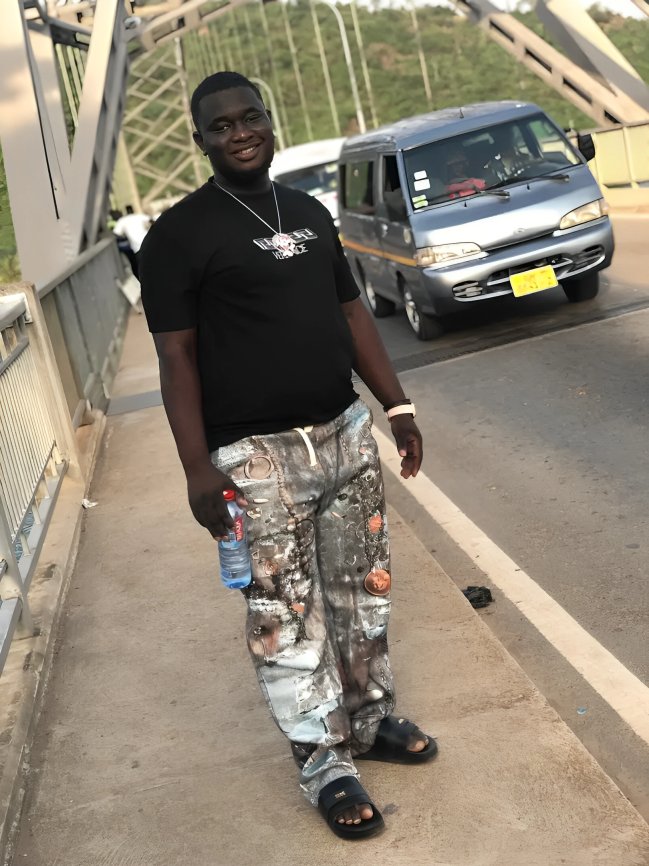



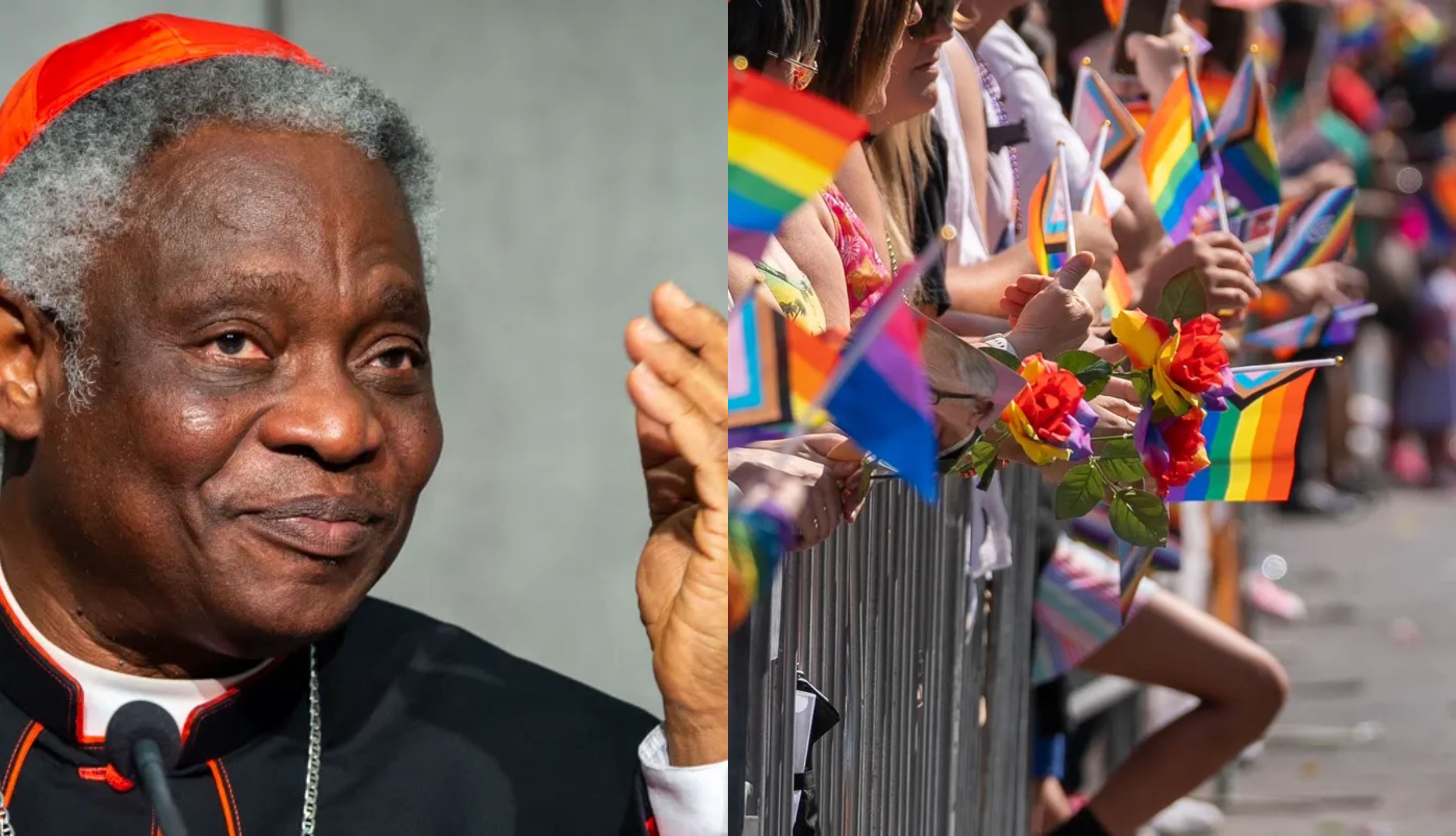
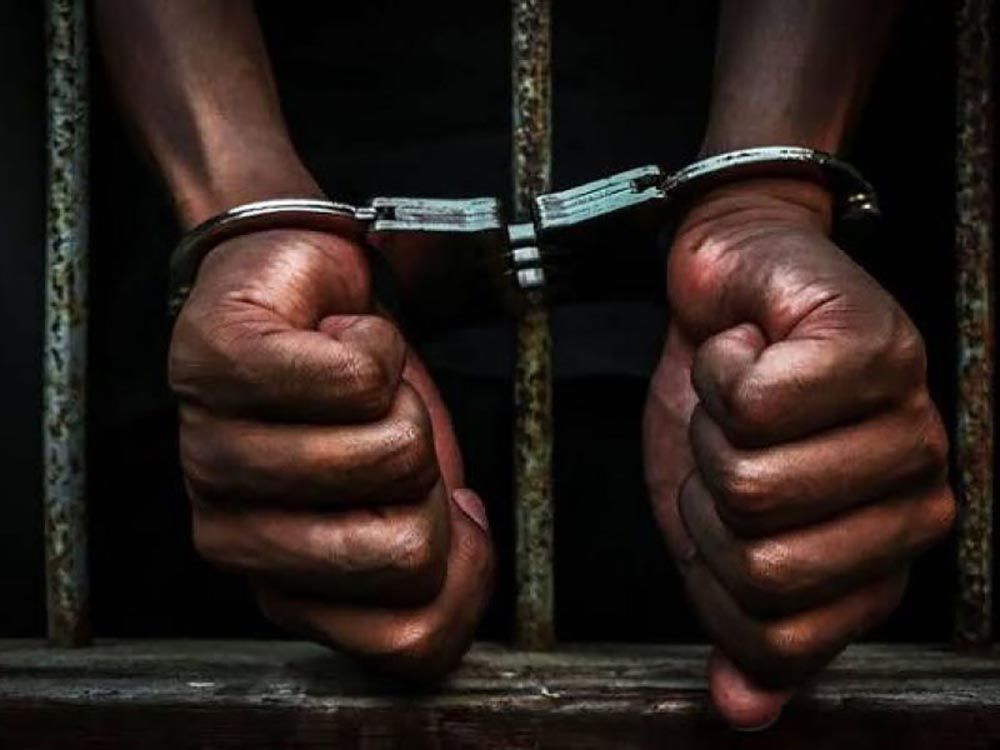
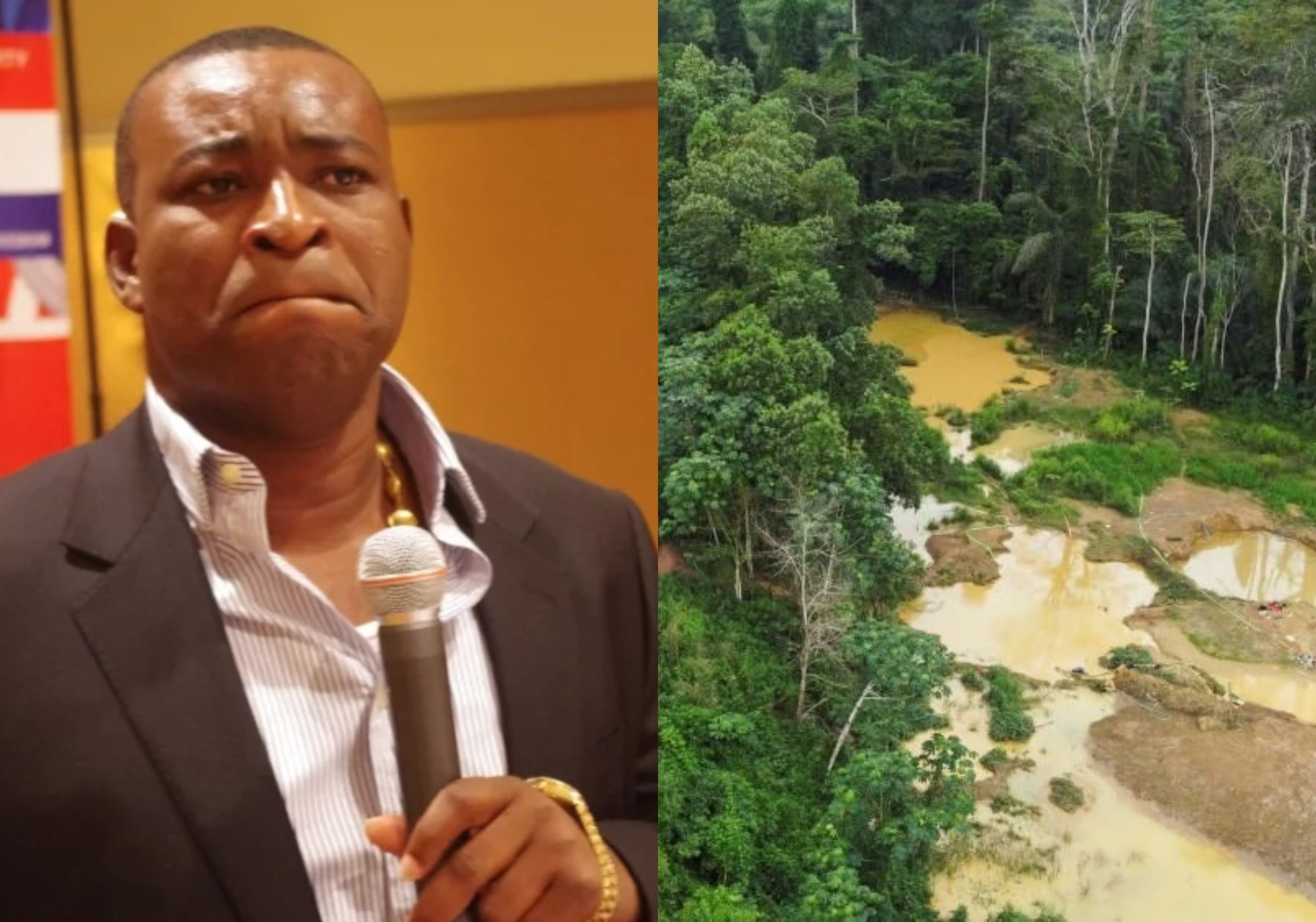




Facebook
Twitter
Pinterest
Instagram
Google+
YouTube
LinkedIn
RSS